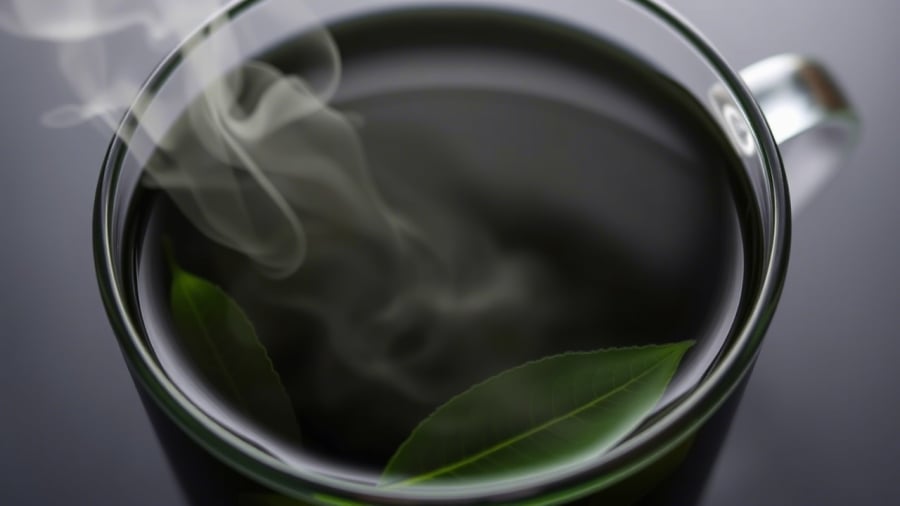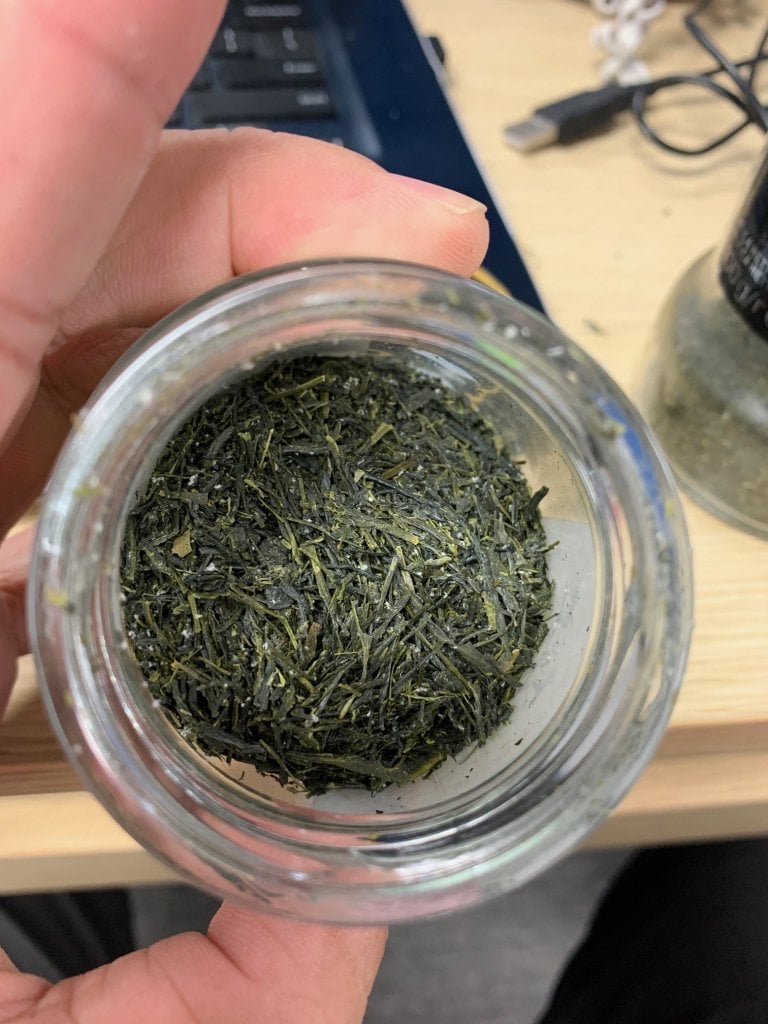The liver is a vital organ in the human body, and when damaged, its ability to regenerate is limited. Hence, adopting a healthy diet is crucial not only for overall well-being but also as a means to protect the liver. However, some familiar beverages may be silently harming your liver without your knowledge. If you still consume these drinks, it’s time to quit for the sake of your health.
Strong Brewed Tea
While green tea is renowned for its health benefits, improper consumption can turn it into a potential health hazard. One common mistake is drinking strong tea, which refers to brewing tea with a higher concentration than normal.
Although strong tea offers a rich and appealing flavor, it also poses health risks, particularly to the liver and kidneys. This is due to the high levels of caffeine and polyphenols in strong tea. These substances force the liver to work continuously and under stress to metabolize them, leading to overload. Over time, this can cause liver cell damage, impair liver function, and even contribute to serious liver diseases.

Brewing tea with a higher concentration can be detrimental to your liver’s health.
For individuals already suffering from liver diseases, drinking strong tea further exacerbates the strain on this organ, worsening their condition. Moreover, the liver’s ability to regenerate is significantly impacted, reducing the chances of improving overall health.
To safeguard your liver and maintain optimal health, consider reducing or eliminating the habit of drinking strong tea. Instead, opt for healthier and more suitable beverage alternatives, which is a smart choice for your well-being.
Moldy Tea
Similar to other foodstuffs, tea has a shelf life and requires proper storage to ensure quality. If not stored under appropriate conditions, tea can easily spoil or become moldy, leading to negative consequences not only on flavor but also on consumers’ health.
A common misconception is that “the older the tea, the better it tastes.” However, this only holds true if the tea is properly stored. When exposed to moisture, high temperatures, or a lack of ventilation, the tea’s components can undergo detrimental changes, even producing mycotoxins from mold growth. Notably, the presence of aflatoxin, a potent mycotoxin produced by mold, can lead to severe health issues, especially for the liver.

Aflatoxin, a potent mycotoxin produced by mold, can have dire consequences on liver health.
Long-term consumption of moldy tea can inflict significant harm on the body. Common symptoms include gastrointestinal irritation, inflammation, bloating, nausea, abdominal pain, diarrhea, and increased stomach acid production due to damage to the intestinal and stomach lining. More alarmingly, aflatoxin in moldy tea can cause liver cell mutations, impair liver function, and increase the risk of liver cancer.
To avert these risks, proper tea storage is of utmost importance. Keep tea in a cool, dry, and well-ventilated place, away from direct sunlight and areas of high humidity like kitchens or bathrooms. If you notice any signs of mold, such as unusual odors, color changes, or visible mold spots, discard the tea immediately to safeguard your health.
Remember, your health is priceless. Don’t hesitate to throw away a spoiled package of tea, as doing so could spare you from severe health complications down the line.






























